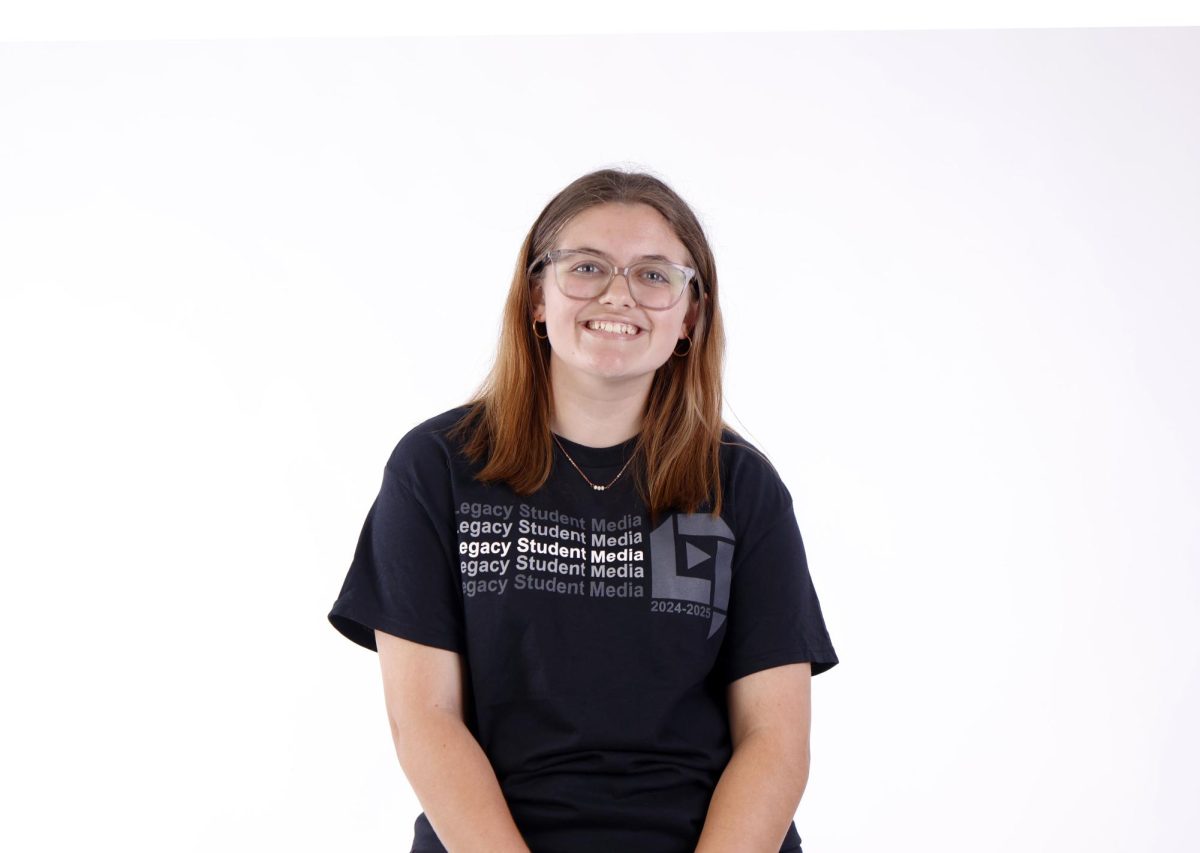
You wake up on a typical Monday morning and you turn on the national news while you make your coffee. As you make it, the voice of the news anchor bombards you with news of murders, war, shootings and violence. Your reaction? You continue making your coffee with no response, no feeling, no true sympathy for the people affected by the tragedies, who may be mothers, fathers, sons, or daughters. However, hasn’t it become a normality to hear about all this violence and just shrug it off? It happens all the time, right? I am personally guilty of just “shrugging it off” but I have recently realized how this mindset has negatively influenced me and everyone around me.
With today’s technology growing at a rapid speed, violent broadcasts and negative sensationalism in the news constantly get thrown at us. This causes one to feel for others less and less, or become desensitized from humanity’s tragedies. Joseph Stalin once said, “When one person dies, it’s a tragedy, but when a million people die, it’s a statistic.” Despite the fact that Stalin was a dictator, I believe his quote holds truer in this day and age than ever before. We’ve become so desensitized we don’t even feel for human loss or suffering anymore.
Researchers from the University of Bristol recently analyzed over 100 years worth of literature to see how humans have developed emotionally throughout the years. The data shows a very strong decline in emotionality throughout the years. What does this mean for us? Mike Bundrant, host of Mental Health Exposed, simply states that “Emotions are the lifeblood of the soul. If they are on the decline, so is humanity.”
We have lost and continue to lose our sense of emotion in many ways. Our sympathy in warfare and interpersonal disputes has greatly changed, mostly because we have found more sophisticated ways to depersonalize killing, such as through drones. Huge food and clothing corporations would rather dispose thousands of dollars of their excess product than to give it to a fellow hungry and needy human in need. Our lack of emotions exemplified by our actions prove that they cause us to be more self-centered and have less care and sympathy for the suffering of others.
If we lose our sense of sympathy for other members of society, it will not be beneficial to any concerned. For example, take Serene Branson, a CBS Los Angeles reporter who was doing live coverage of the Grammys in 2011. During her report, she suddenly could not talk properly, and the video turned viral, with millions of people finding her garbled speech humorous. She was nearly having a stroke, yet nobody was focused on her suffering. People have drawn to it out of humor, not care. The reporter was okay in the end, but this example among others proves that desensitization of humanity creates a lack of benevolence. Rather than building each other up through compassion and care, we become narcissistic and look at people’s misfortunes to reinforce our sense of denial and detachment – having the mindset that “at least it’s not me” or even “schadenfreude,” the German word for taking pleasure in the misfortune of others.
Society has lived in the darkness of insensitivity for so long, that when the brightness of sympathy comes, our own self blinds us. We only truly care and sympathize when it happens to us directly. In order for it to be fair, we need to rise above ourselves and be willing to care for a fellow neighbor in suffering. Without that, sympathy and support for each other could not have made it to this point in society.
For example, when I get stuck in traffic due to an accident, I get annoyed that I don’t get home in time, but I don’t give one thought to if the people affected were okay. Society’s distorted ideals have messed up my priorities, causing me to be insensitive. Ever since this realization, I have been working on changing my attitude to help me become an improved person. Through my newly-defined attitude, I feel like I’m becoming a better person.
Building goodwill and better friendships will not be accomplished because our insensitivity will not allow so. Being desensitized from human suffering will not make you a good companion because you won’t care, sympathize and stand by them. The insensitivity in the world has caused us to cut off suffering people in other countries and blame entire groups of people for all the misfortune in the world and attempt to eliminate them from our presence. In order to build goodwill and better friendships, we need to rid ourselves of insensitivity and egocentrism and learn how to coexist and care for one another despite our differences.
So the next time you and I hear of suffering, tragedies or misfortune, will we change how we react to them? Little by little, I have been trying to put myself in the person’s shoes and try to examine how they feel. This has helped me to become less desensitized because I better understand how the other person must feel.
Ghandi once said to “be the change you wish to see in the world.” Insensitivity happens by our own will. Every human has feelings and can care for others. However, some people pretend not to feel, and others act so blind to ignore the truth. Through a redefined attitude consisting of true care and compassion we can mend what’s broken in the world. We must break out of the egocentric bubble society has enclosed us in and become more caring, sensitive people if we want to change the world for the benefit of all people.













